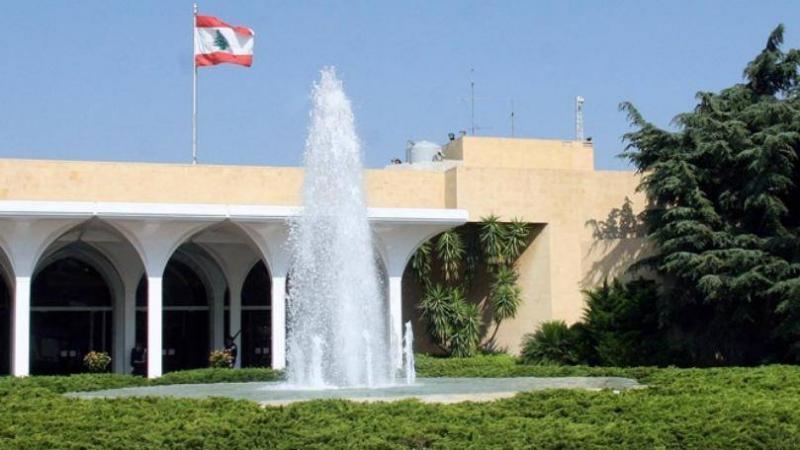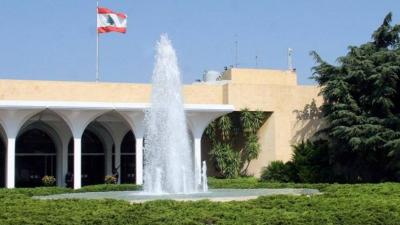Lebanon has fallen into a presidential vacancy, compounded by a quasi-governmental void, due to the presence of a caretaker government rather than a fully empowered one to lead the country in the upcoming phase. However, this concerning situation has not been met with any serious international mobilization to seek a solution to the Lebanese political crisis affecting a country that is afflicted and collapsed on all fronts.
According to diplomatic sources for "Al-Markazia," in the past hours, statements and positions from some capitals were recorded addressing the Lebanese situation. The French Foreign Ministry stated yesterday that Lebanon is undergoing a severe and unprecedented economic, financial, and social crisis, which requires the proper functioning of all its institutions, including the presidency, government, and parliament, to take the necessary measures to revive the country and urgently improve the conditions of the Lebanese people. In this context, France calls on all Lebanese actors to assume their responsibilities and rise to the occasion for the sake of Lebanon and its people, urging Lebanese lawmakers without delay to elect a new president.
In turn, the European Union once again urged Lebanese leaders to organize presidential elections and form a government as soon as possible. A statement issued yesterday noted that "last July, the European Union renewed the sanctions framework allowing for restrictive measures against individuals or entities that hinder efforts to exit the Lebanese crisis. To facilitate the disbursement of additional international funding and curb the deteriorating trend of the Lebanese economy, an agreement on financing with the International Monetary Fund must be reached, and the long-awaited key reforms must be completed without further delay." It also mentioned that "since the last general elections in May, no government has been formed. This political vacuum occurs at a time when Lebanon faces a deteriorating social and economic situation. Institutional fluctuations, coupled with economic instability, pose serious risks to Lebanon and its people." The EU concluded, "The European Union remains committed to continuing to assist Lebanon and its people towards the recovery and stability they deserve. At the same time, the EU urges Lebanese leaders to fulfill their responsibilities and take necessary actions."
Meanwhile, the Russian embassy in Lebanon wrote on its Twitter page: "We say goodbye to President Michel Aoun, with whom we have worked all these years. We wish him good health and success in his future endeavors. We hope that the friendly people of Lebanon can overcome the current difficult phase, which can only be achieved through constructive joint work, considering everyone's opinions without external interference."
Additionally, Saudi Ambassador to Lebanon Walid Bukhari confirmed yesterday that Saudi-Lebanese relations will improve after the formation of a new government and the election of a sovereign president who will regain the confidence of the Kingdom and countries concerned with the Lebanese file. At the same time, the Secretary-General of the Arab League Ahmed Aboul Gheit reiterated from Algeria yesterday, "The Arab League stands alongside the Lebanese government." He emphasized "the importance of doing everything necessary to hold the Lebanese presidential elections on time."
However, according to sources, all of these positions seem to be a formality, and are "cold" compared to the magnitude of Lebanese complexities, indicating that there is no external action plan, at least for now, to assist and accompany Beirut in the upcoming phase. The international embrace of Lebanon appeared to be limited to the signing of a border demarcation agreement with Israel, with U.S. President Joe Biden personally stepping in, but it faded after the signing last Thursday in Naqoura. Since that moment, Lebanon has not been present on the external priorities list as long as Washington feels assured and guarantees security stability in Lebanon and Israel.
Now, France may start to reactivate its engines to attempt, in a task that will not be easy at all, to shape some sort of settlement for the Lebanese situation; however, its maturation will not occur quickly and will require several months, if not more, the sources conclude.




